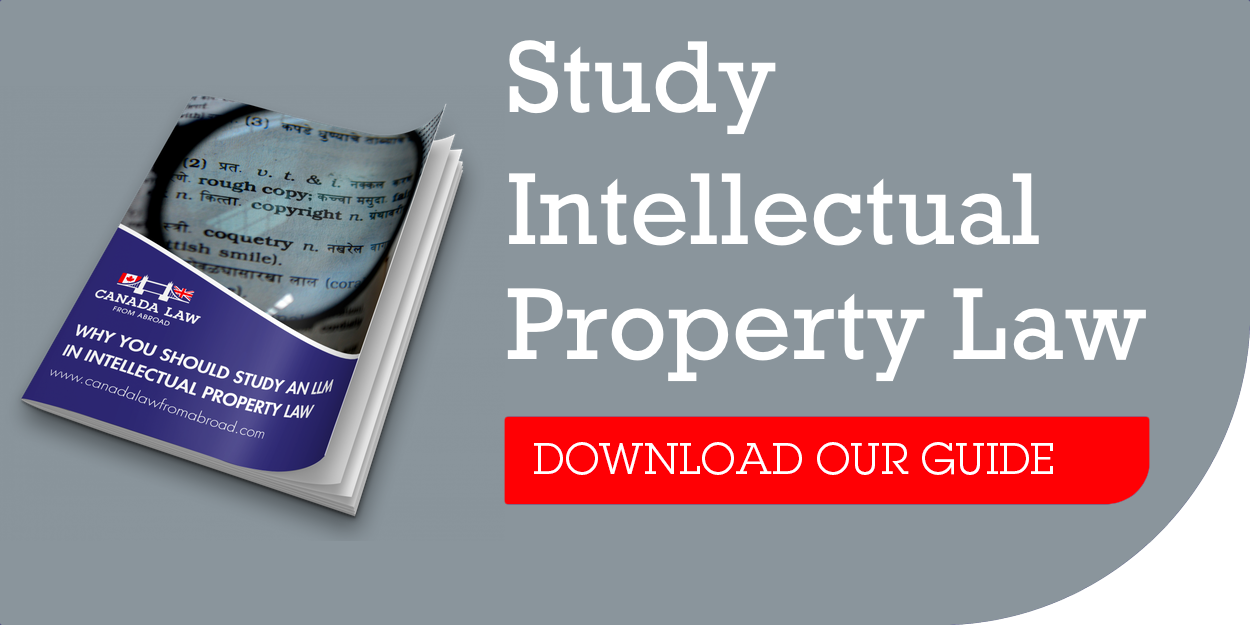
Choosing the Right Law Degree
Overwhelmed with the differences in terminology and programmes between Canada and the UK? Don't worry, we will help you find the university and programme that best matches your academic and personal objectives. Let us connect you with your very own student advisor who will help you through every step of the way. Fill out the form and your advisor will be in touch!
Basic Law Curriculum
The foundations of ‘common law’ originated in the UK and were developed over a period of a thousand years. Law is made up of a set of principles that enables legal professionals to analyze and solve legal problems.
These principles are encompassed in the ‘core law school curriculum’:
- Torts
- Real Property & Personal Property
- Contract(s)
- Commercial/Corporate Law
- Evidence
- Remedies
- Trusts
The above ‘core law school curriculum’ is the same in every LLB or juris doctor (JD) degree program in comparable common law Commonwealth countries such as Canada, the UK, Australia, and New Zealand. If you are looking to practice law back home in Canada, you'll want to study on a qualifying law degree which will encompass the above core curriculum. The process for qualifying to practice in the UK is a bit different but an LLB serves as an excellent starting point for that praocess as well. Read more on the degree types available at our partner law schools below.
Choosing a Law School
Our advisors will encourage and prepare you to attend excellent Law degree programs with the British university that best matches your academic and personal objectives. All of our Preferred UK Law Schools offer the standard qualifying law degree, the 3 year LLB. Additionally, most also offer “two year accelerated LLB degrees”, which are not offered in Canada. Our partners are also either elite Russell Group Universities and/or have a recognized status as an international centre of excellence at the LLM (Master’s of Law) level meaning they can provide specialized training in a specific area of law for students wanting to extend their law studies beyond their qualifying law degree.
To learn how our advising team can help guide you through your research into law programmes in the UK and assist you with your application, fill out the form here.
Choosing the Right Programme
-
Strategic UK 2 year LLB + 1 year LLM Legal Specialist Combo
-
The Canadian legal field is becoming ever increasingly competitive. The bar for entry-level legal career positions is being raised. As is the case with comparable professions e.g. medicine, there is a decrease in demand for general professional degree graduates. There is corresponding increase in demand for ‘specialists’ with expertise in a niche area.
Canada Law From Abroad strongly recommends that you choose the strategic UK 2 Yr. + 1 Yr. ‘Legal Specialist’ Combo (LLB+LLM) Degrees for these reasons:
This route gives you the edge in opening career doors since you’ll return to Canada in 3 years with both a general law degree and a ‘legal specialist’ graduate degree and designation. (Contrast this with students who attend Canadian law schools and only obtain the one degree, the LLB/JD, in the same three-year period.)
With 3 years of legal education from the UK you also write fewer NCA challenge examinations for your Canadian accreditation.
In the UK you have the advantage of applying for an LLM degree at any point during your LLB studies.
Another UK advantage is that you have the option to choose the best-fit LLM programme that matches your legal career interests and aspirations in any law school in the UK.
A few Canadian law schools have introduced 3.5 year ‘combined JD/LLM’ programmes. However, you must apply for the entire combined JD/LLM programme in your initial JD application. The major disadvantage is that students must make a decision on an area of specialization before they have started their legal education.
-
3 year LLB Degree
-
Apply for a three year UK LLB directly from high school or with any level of post-secondary college or university education.
LLB stands for “Bachelor of Legal Laws”. It is a three year undergraduate professional law degree that qualifies a graduate to gain entry to the legal profession and practice law.
All LLB or JD degree programmes in comparable common law countries such as Australia, Canada, New Zealand and the UK are undergraduate degrees.
No Canadian law school requires a university degree for admission. An “approved Canadian law degree” consists of 2 years of post-secondary education and 3 years of legal education. A lack of sufficient number of law schools in Canada has resulted in the creation a “systemic barrier” artificially raising admissions standards. The UK has established a sufficient number of law schools to ensure placements for all qualified domestic and international candidates.
JD (Juris Doctorate) is an American designation since the U.S. law degree is a ‘graduate’ degree and requires an ‘undergraduate’ degree for admissions to a U.S. law school. The Three Year Canadian JD is ‘Just a Degree’. The Canadian JD designation is a marketing moniker only and is an ‘LLB degree by another name’.
-
2 year Accelerated LLB Degree
-
In Canada, the ‘core law school curriculum is completed in the first two years of study. The third-year is a mix of liberal studies, research and writing courses.
In Canada, law schools do not give credit for undergraduate courses and the third year is often referred to as the “dreaded, dead third year”.
All of Canada Law From Abroad’s Preferred UK Law Schools have taken the leadership in giving Canadian university graduates credit for their undergraduate degrees and offer a two year ‘accelerated’ LLB degree programme – considerable savings in time and money.
-
1 year Graduate LLM (Masters of Legal Laws)
-
LLM stands for “Masters of Legal Laws”.
The UK LLM programmes focus on the study of a ‘niche’ area in the legal field and qualifies the graduate as a ‘legal specialist’.
A select number of CLFA’s Preferred Law Schools allow direct entry into a one year, graduate LLM programme for students with a relevant undergraduate degree, whereas in Canada you need a LLB or JD.
The UK LLM is usually a 12 month programme – nine months of on-campus study and three months of thesis research and writing which can often be completed back in Canada since the bulk of legal research is done electronically.
The LLM is now the ‘career door opener’ since law firms, consultants, governments and NGOs want to hire ‘legal specialists’ that can provide added value services to clients.
Students wanting to explore a specific legal career niche can take their LLM degree first and then enroll in a graduate level qualifying law degree if they decide they want to practice law. There are a few additional factors to consider if you are thinking of going this route so be sure to speak with one of our student advisors first!
See our Intellectual Property Law Guide or Human Rights Law Guide to get a better idea of what it means to pursue an area of legal expertise. Not interested in either of these areas? There are many more legal areas to choose from, just ask!


